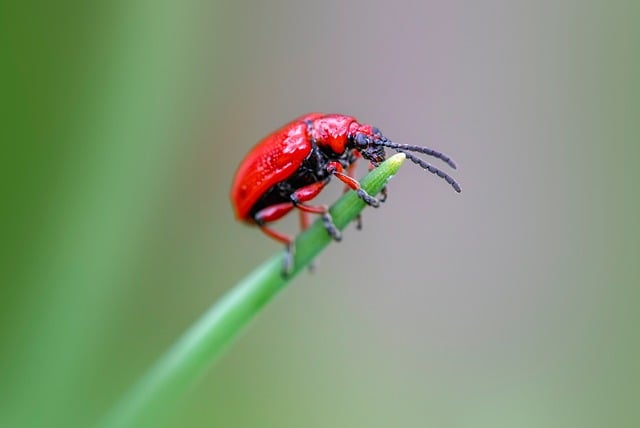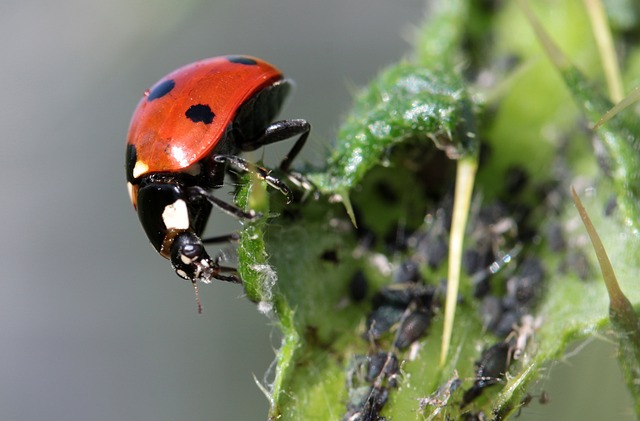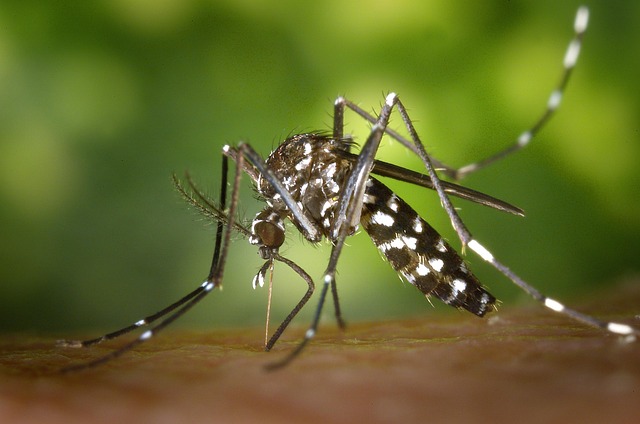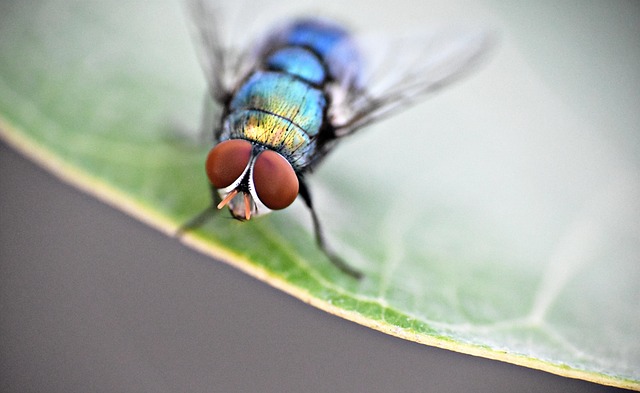In Littleton, homeowners increasingly opt for organic pest control methods to maintain healthy, lush gardens while prioritizing environmental sustainability. This approach uses natural solutions like beneficial insects, essential oils, and plant cultural practices, avoiding synthetic chemicals. Homeowners can employ integrated pest management (IPM) principles and preventive measures to reduce pest attractions, ensuring a safe, eco-friendly environment for families, pets, and local ecosystems. For severe cases, consulting local organic pest control experts provides tailored solutions. A strategic, organic approach, including encouraging beneficial insects and proper lawn care, fosters a sustainable garden free from chemical treatments.
In the face of pest infestations, swift and effective action is crucial for homeowners in Littleton. This guide equips you with the knowledge needed for both immediate emergency response and long-term prevention. We delve into the benefits of organic pest control methods suitable for your home gardens, offering sustainable solutions to keep pests at bay. Learn practical steps to tackle unexpected infestations head-on, ensuring a thriving, pest-free garden year-round. Discover effective strategies tailored to Littleton’s unique environment.
- Understanding Organic Pest Control for Home Gardens
- Steps to Take During a Pest Infestation Emergency
- Long-Term Strategies for Maintaining a Pest-Free Garden in Littleton
Understanding Organic Pest Control for Home Gardens

In the quest for a harmonious balance between lush, healthy home gardens and pest management, organic pest control methods have gained significant traction in Littleton. Unlike conventional options that rely on synthetic chemicals, organic pest control focuses on environmentally-friendly strategies to safeguard plants and eliminate nuisances. This approach leverages natural predators, beneficial insects, plant essential oils, and cultural practices to create a safe haven for both your garden and local ecosystems.
For homeowners in Littleton seeking sustainable solutions, organic pest control offers a comprehensive toolkit. By understanding the unique needs of their gardens and adopting integrated pest management (IPM) principles, residents can effectively address infestations while minimizing potential harm to pets, children, and beneficial organisms. This eco-conscious approach not only promotes biodiversity but also ensures that your home garden thrives as a vibrant oasis free from harmful residues.
Steps to Take During a Pest Infestation Emergency

During a pest infestation emergency, especially in home gardens, the first step is to remain calm and assess the situation. Identify the specific pests causing the issue as different organisms require unique organic pest control methods. Once identified, isolate the affected area to prevent further spread. Next, prepare a solution of natural remedies like neem oil, soap, or vinegar, which are effective for many common garden pests. These organic pest control solutions can be sprayed directly onto the infestations while taking care to avoid plants that aren’t affected.
Additionally, consider implementing preventative measures such as regular cleaning, sealing entry points, and maintaining proper drainage to reduce pest attractions. For more severe cases or persistent pests like aphids, mealybugs, or spider mites, consult with a local expert in organic pest control for home gardens in Littleton. They can offer tailored advice and safe, eco-friendly solutions to eliminate the infestation effectively.
Long-Term Strategies for Maintaining a Pest-Free Garden in Littleton

Maintaining a pest-free garden in Littleton requires a multi-faceted approach that combines organic practices and strategic planning. One effective long-term strategy is to encourage beneficial insects, such as ladybugs and lacewings, which feed on garden pests. By creating an environment conducive to these natural predators, you can significantly reduce pest populations without resorting to chemical treatments. Planting native flowers and herbs like lavender, marigolds, and basil not only adds beauty to your garden but also attracts beneficial insects and repels common pests.
Additionally, establishing a balanced ecosystem involves proper lawn care and tree maintenance. Regularly trimming trees and shrubs eliminates hidden spots where pests can breed and hides their entry points into your home. Maintaining a healthy lawn with organic fertilizers and avoiding excessive water usage creates a less welcoming environment for pests. Integrating these practices into your garden routine ensures a more sustainable and eco-friendly approach to pest control, fostering a harmonious coexistence between your garden and its natural inhabitants.
In conclusion, implementing organic pest control methods for your home garden in Littleton is an effective and sustainable approach to managing infestations. By understanding natural solutions and adopting long-term strategies, you can create a thriving, pest-free environment. Remember, prompt action during emergencies is key, but ongoing prevention through organic practices ensures a healthier, more vibrant garden for years to come.
